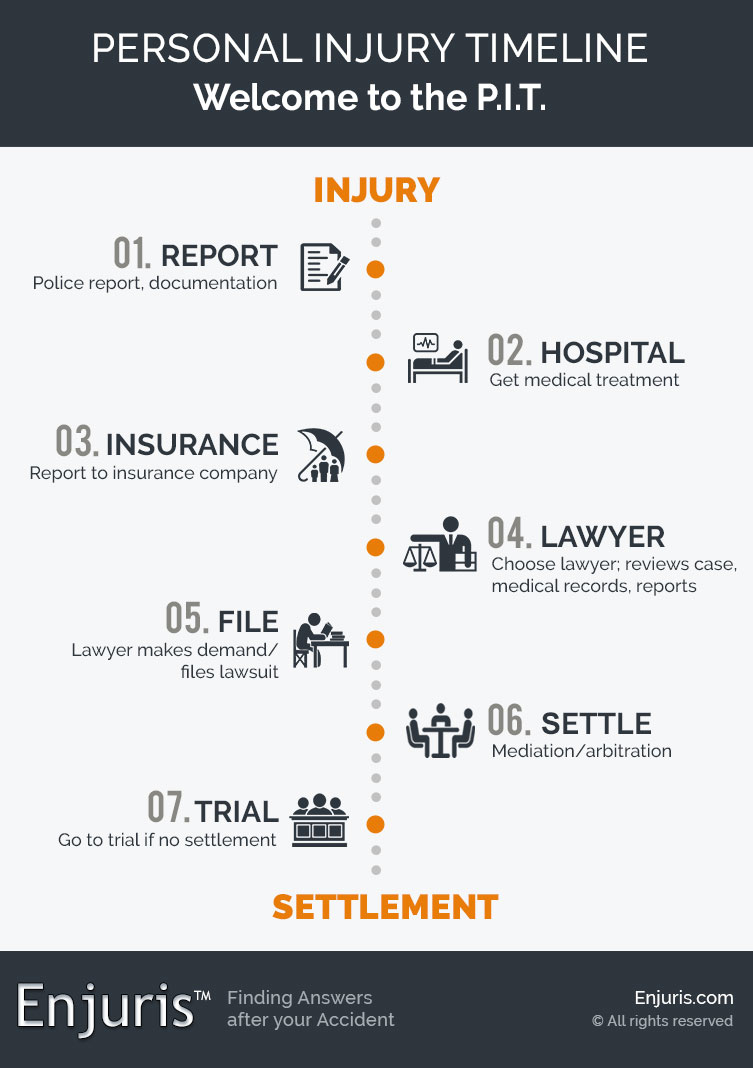The Realty Attorney'S Handbook On Landlord-Tenant Law
The Realty Attorney'S Handbook On Landlord-Tenant Law
Blog Article
Write-Up Created By-Wilkins Schofield
When it pertains to landlord-tenant legislation, recognizing your rights and responsibilities is important for both events. You may believe you have a strong grasp on the fundamentals, yet there are often nuances that can capture you off-guard. Whether you're a property manager taking care of a building or a lessee searching for a secure home, recognizing the legal landscape can make all the difference. What could stun you are the intricacies involved in navigating conflicts and eviction processes.
Understanding Occupant Legal Rights and Responsibilities
When you lease a home, it's critical to comprehend your rights and obligations as a tenant. You deserve to a secure and habitable living environment, meaning your property owner needs to preserve necessary services like home heating, pipes, and electricity.
You're additionally qualified to personal privacy; property managers normally need to provide notification prior to entering your system.
On the flip side, you are accountable for paying rental fee promptly, keeping the property tidy, and not triggering damages past normal damage.
Acquaint yourself with your lease arrangement, as it lays out particular policies and commitments. Knowing these facets not just shields you yet additionally cultivates a positive partnership with your property owner.
Remain notified, and you'll navigate your tenancy more effectively.
Trick Landlord Obligations and Lawful Considerations
While you might know your civil liberties as an occupant, it's equally important to recognize your property owner's responsibilities.
Landlords have to provide a secure and habitable living setting, ensuring that vital systems like heating, plumbing, and power are in working order. They're additionally responsible for making necessary repair work promptly and sticking to local building codes.
Additionally, property managers should value your personal privacy by giving appropriate notification before entering your system, generally 24-hour. They ought to deal with down payment according to state laws, including returning them without delay after you move out, minus any legal reductions.
Understanding these commitments can assist you keep a favorable connection with your landlord and guarantee your living situation meets legal requirements.
Navigating Disagreements and Eviction Processes
Disputes between property owners and lessees can emerge all of a sudden, making it crucial for you to comprehend the procedures associated with settling them.
Initially, communication is essential-- attempt to review concerns directly to locate a compromise. If that falls short, familiarize yourself with your local legislations regarding disputes and expulsion. File every little thing: maintain documents of communications, settlements, and any offenses.
If Read This method ends up being needed, ensure you adhere to the lawful actions needed in your location, which usually includes giving composed notification and a particular timeframe for resolution.
Be prepared to go to court if the situation rises, as it may be your only choice. Comprehending these procedures will certainly assist you browse disagreements better and secure your rights as either a property owner or occupant.
Verdict
In summary, understanding landlord-tenant regulation is necessary for both parties involved in a rental arrangement. By understanding your rights and responsibilities, you can foster a much better living atmosphere and stay clear of disputes. If disputes occur, keep in mind that a property lawyer can aid direct you via the complexities of eviction procedures and lawful obligations. Remaining informed and aggressive will make sure a smoother rental experience, whether you're a landlord or a renter.
